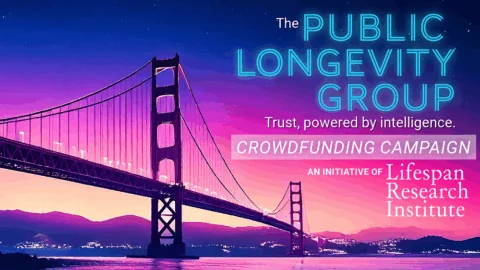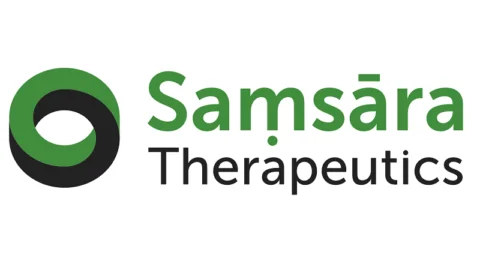
Organization Description
Samsara Therapeutics is a company working to develop small-molecule autophagy activators as medicines to combat age-related neurodegenerative diseases. Autophagy is a cellular recycling system that delivers damaged or redundant proteins and organelles to the lysosome, where they are broken down into their constituent parts. Many diseases of aging are driven by the accumulation of damaged proteins and other substances inside cells, and many such diseases may be delayed or prevented by increasing the rate at which the early forms of this damage are delivered to the lysosome.
Samsara is a Venture Creation company of Apollo Health Ventures. Its CSO and scientific founder is Peter Hamley; Guido Kroemer is variously listed as a scientific cofounder or an advisor.
Lysoseeker drug screening platform
The company states that it is capable of performing high-throughput screening of thousands of molecules for their ability to upregulate autophagy, identifying the mechanisms of action and cellular targets of positive candidates via its Lysoseeker platform. They validate potential autophagy activators using an in-house panel of patient iPSCs (induced pluripotent stem cells) across different diseases and patient genotypes.
This agnostic, phenotypic approach differs from traditional screening protocols in which targets involved in a disease process are first identified, and then molecules are screened against them for engagement.
SAM001 for ALS
In April 2023, Samsara announced that their lead candidate SAM001 “boosts autophagy and reduces damage to brain cells taken from people with Parkinson’s Disease and Amyotrophic Lateral Sclerosis (ALS/Lou Gehrig’s disease). It does this by targeting Transient Receptor Potential Mucolipin 1 (TRPML1), a protein important in regulating autophagy.”
The press release mentioned that Samsara researchers had shown that SAM001 reversed disease symptoms in mice, without providing details as to the disease model or the symptoms reversed. An October 2024 grant announcement disclosed that those results had been generated in a transgenic mouse model of ALS in which the mice produce a disease-causing human mutated form of the TDP-43 gene. According to the grant announcement, SAM001 had improved the function of these animals’ muscles and nerves, “reduced a marker of nerve damage in the blood,” and increased survival without manifesting significant safety concerns.
The grant announcement also said that SAM001 had normalized the dysfunctional autophagy, reduced TDP-43 mislocalization, and ameliorated dysfunction in motor neurons from human ALS patients who carry a mutation in C9orf72, which is the most common genetic form of ALS.
Under the grant, Samsara will test SAM001 in transgenic ALS-model mice that carry C9orf72 mutations.
Other drug candidates
According to Samsara’s pipeline chart, they have advanced SAM001 into IND-enabling studies for ALS and performed lead optimization for several drugs intended for different targets and diseases: SAM0021 for alpha-synuclein in Parkinson’s disease and SAM0022 and SAM005 for peripheral myelin protein 22 (PMP22) in Charcot-Marie-Tooth Disease (type 1A).


